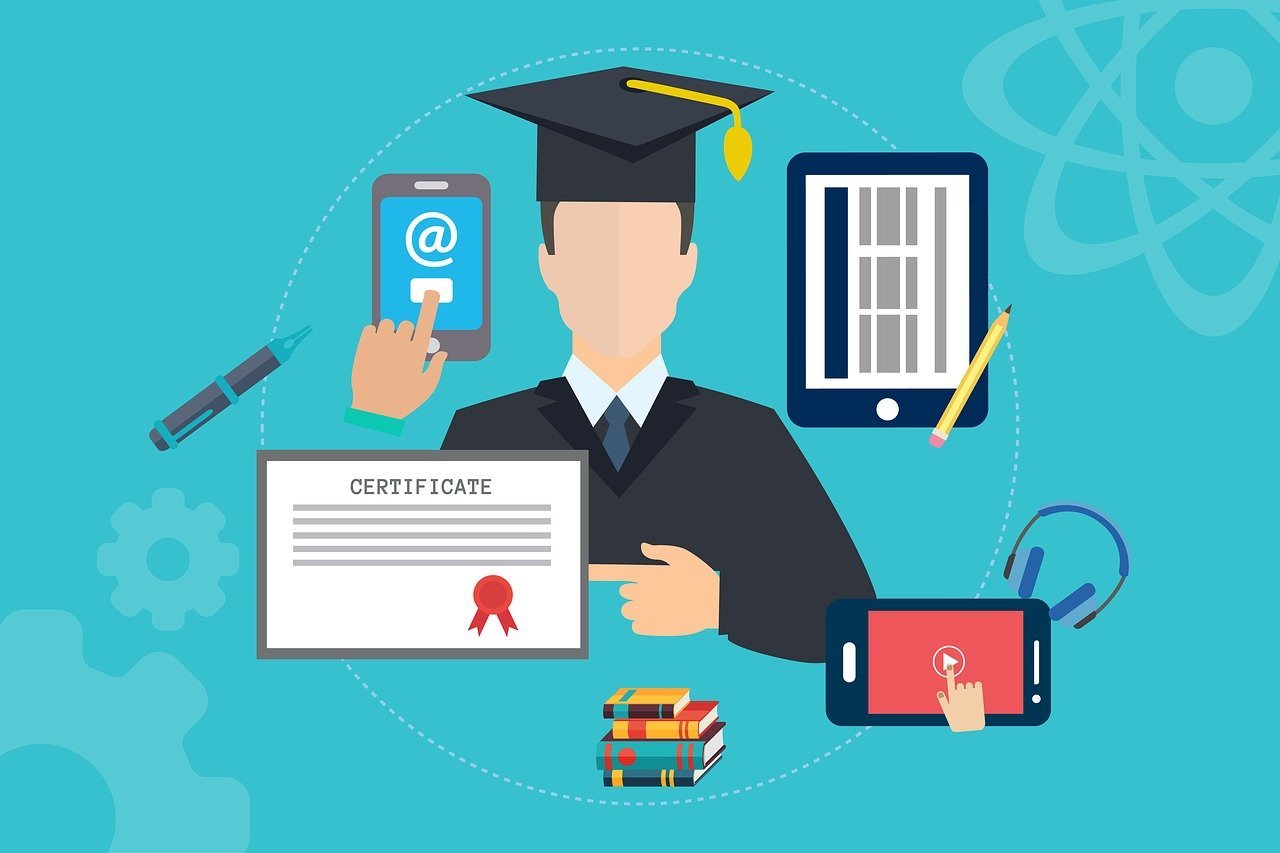What Qualifications Do I Need to Work in an IB School?
Educational Qualifications:
Bachelor’s Degree: A minimum of a bachelor's degree in education or in a subject area relevant to the position you're applying for (e.g. English, Mathematics, Science, etc.). This is typically the base requirement.
Teaching Certification: You’ll need a valid teaching certificate or license from a recognised educational authority in your home country or from an international certification body (e.g. PGCE in the UK, state certification in the US, or equivalent in other countries).
IB-Specific Training:
IB Teacher Training: While not always required at the entry level, completing IB professional development (PD) workshops is highly recommended. These workshops are broken down into 3 categories:
Category 1 focuses on IB philosophy and implementation
Category 2 covers delivery of the four IB programmes of education
Category 3 builds on and enhances professional development portfolios
Program-Specific Training: Depending on the program (PYP, MYP, or DP), you may need specific training. For example:
PYP (Primary Years Program): If you’re teaching primary school, you’ll need specific training related to the PYP's inquiry-based approach.
MYP (Middle Years Program): Training focused on teaching middle school students and integrating subject-specific content with broader global contexts.
DP (Diploma Program): Specialised training for teaching high school students in the DP curriculum, which includes subjects like Theory of Knowledge (TOK) and the Extended Essay (EE).
CP (Career-related Program): Focused on teaching students with a career-oriented approach in conjunction with academic subjects.
Experience:
Teaching Experience: Typically, IB schools prefer candidates with at least 2-3 years of teaching experience. Experience in the relevant subject area is often essential, especially for teaching in the DP.
International Experience: While not always required, previous teaching experience in international or bilingual schools can be a strong asset, as it demonstrates familiarity with diverse cultural backgrounds and educational systems.
Other Skills and Competencies:
Familiarity with the IB Philosophy: A strong understanding of the IB’s mission and values is critical. This includes a commitment to student-centered learning, inquiry-based pedagogy, and promoting international-mindedness.
Subject Expertise: In addition to general teaching qualifications, you should have a deep knowledge of the subject you teach. For DP teachers, this is particularly important, as the program requires specialised subject instruction.
Fluency in English: Since many IB schools use English as the language of instruction, proficiency in English (both written and spoken) is often required. Some schools may require fluency in additional languages depending on their location.
Adaptability and Cultural Sensitivity: IB schools often have a diverse, multicultural student body. Being able to work with students from various cultural backgrounds and understanding global perspectives is an essential part of the IB philosophy.
Collaboration and Teamwork: IB teachers are expected to work collaboratively within departments and across the school, engaging in interdisciplinary projects and sharing best practices.
Ongoing IB Professional Development: The IB values continuous professional growth, so you’ll need to demonstrate a commitment to further training and development. This includes attending workshops and pursuing IB-related PD opportunities regularly.
Need help finding IB teaching jobs? Check out our updated listings and apply today!




